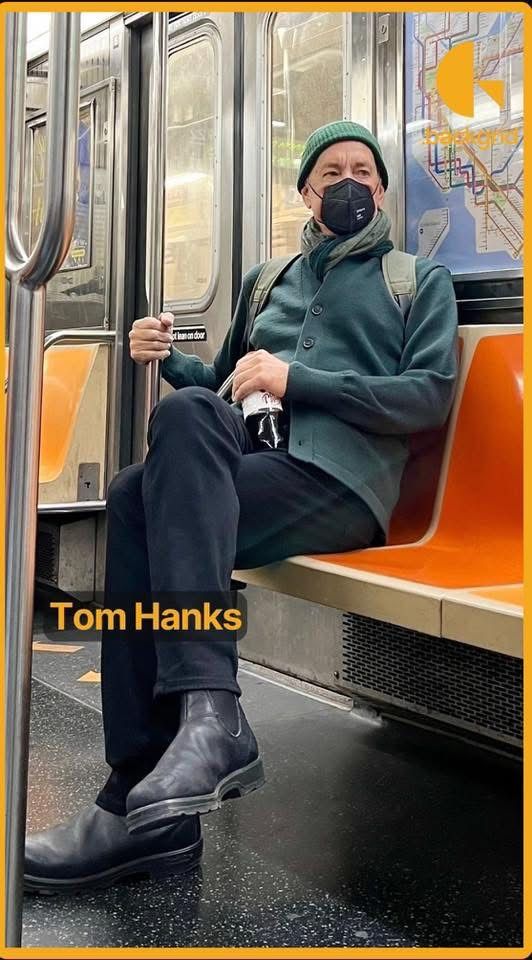
Stay tuned for upcoming research!
mattiheino.com/2025/05/17/f...

osf.io/6j2wy/files
osf.io/6j2wy/files
jamanetwork.com/journals/jam...

ottawacitizen.com/public-servi...

ottawacitizen.com/public-servi...
Aikaa saavuttaa tuo 10 000€ on 17.12. asti, eli käytännössä tonni per viikko olisi vielä kerättävää.
Laitetaanko sanaa kiertämään yhdessä? 🙏
Minibussi lastensairaalalle
RA/2025/1314
MobilePay: 30579
IBAN: FI74 8439 9710 1641 82
Teppo Mattsson
🔺Podilskyi district: a residential building hit.
🔺Dniprovskiy district: 2 residential buildings & several private houses was hit.
Aikaa saavuttaa tuo 10 000€ on 17.12. asti, eli käytännössä tonni per viikko olisi vielä kerättävää.
Laitetaanko sanaa kiertämään yhdessä? 🙏




Tukemalla Ukrainaa meidän kanssamme, te autatte rohkeimpia ja epäitsekkäimpiä ihmisiä Ukrainassa säilyttämään henkensä 🇫🇮🤝🇺🇦


Tukemalla Ukrainaa meidän kanssamme, te autatte rohkeimpia ja epäitsekkäimpiä ihmisiä Ukrainassa säilyttämään henkensä 🇫🇮🤝🇺🇦



Three combined heat and power plants fully stopped working after last night’s enormous attack. Unclear if anything can be fixed, millions of people are completely without electricity, heating or running water. Before winter.
Three combined heat and power plants fully stopped working after last night’s enormous attack. Unclear if anything can be fixed, millions of people are completely without electricity, heating or running water. Before winter.
Tällä autolla parannetaan sairaalan kykyä tavoittaa lapsipotilaat, jotka eivät muuten pääse avun piiriin.
Voitko lahjoittaa esimerkiksi vitosen hyvään? 🙏
Seuraava keräyksemme koskee minibussihankintaa lastensairaalalle:
RA/2025/1314
IBAN: FI74 8439 9710 1641 82
Teppo Mattsson
MobilePay: 30579
Given the importance of these, global occurrence of rare earth elements according to U.S. Geological Survey (USGS) and the great hashtag#rayrender package in R.
Given the importance of these, global occurrence of rare earth elements according to U.S. Geological Survey (USGS) and the great hashtag#rayrender package in R.

Jos haluatte nähdä lopputuloksen, lähettäkää minkä tahansa suuruinen lahjoitus 👀
Ette jätä meille vaihtoehtoja, ratkaistaan kysymys äänestyksellä:
🙈 Lahjoita 4€ jos haluat säästyä kuvilta
💪 Lahjoita 5€ jos olet samaa mieltä Miss Foxin kanssa
RA/2025/1314
IBAN: FI74 8439 9710 1641 82
Teppo Mattsson
MobilePay: 30579
Jos haluatte nähdä lopputuloksen, lähettäkää minkä tahansa suuruinen lahjoitus 👀
Let’s build healthy habits that protect us year-round: masks, ventilation, and testing when sick.
#PublicHealth #CleanAir #COVID #COVID19 #InfectionPrevention

Let’s build healthy habits that protect us year-round: masks, ventilation, and testing when sick.
#PublicHealth #CleanAir #COVID #COVID19 #InfectionPrevention
Authorized Fi-Ukr charity, IBAN account or MobilePay.
Ette jätä meille vaihtoehtoja, ratkaistaan kysymys äänestyksellä:
🙈 Lahjoita 4€ jos haluat säästyä kuvilta
💪 Lahjoita 5€ jos olet samaa mieltä Miss Foxin kanssa
RA/2025/1314
IBAN: FI74 8439 9710 1641 82
Teppo Mattsson
MobilePay: 30579
I do hope that nobody has been given or denied a job/promotion based on their SpringerNature citation counts in the past 15 years.
arxiv.org/pdf/2511.01675
h/t @nathlarigaldie.bsky.social

I do hope that nobody has been given or denied a job/promotion based on their SpringerNature citation counts in the past 15 years.
arxiv.org/pdf/2511.01675
h/t @nathlarigaldie.bsky.social
onlinelibrary.wiley.com/doi/abs/10.1...

“I’ve had Covid enough in my life I don’t need to do that again. I’m wearing this for health reasons”
More celebrities need to speak out like this.

“I’ve had Covid enough in my life I don’t need to do that again. I’m wearing this for health reasons”
More celebrities need to speak out like this.
tietokayttoon.fi/-/pisaroista...

tietokayttoon.fi/-/pisaroista...
www.industry.gov.au/publications...
www.industry.gov.au/publications...

